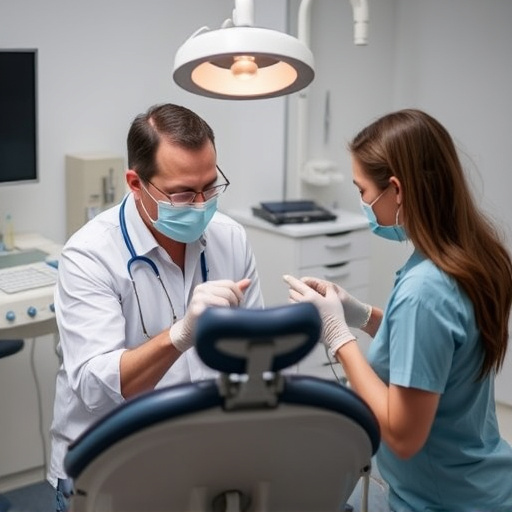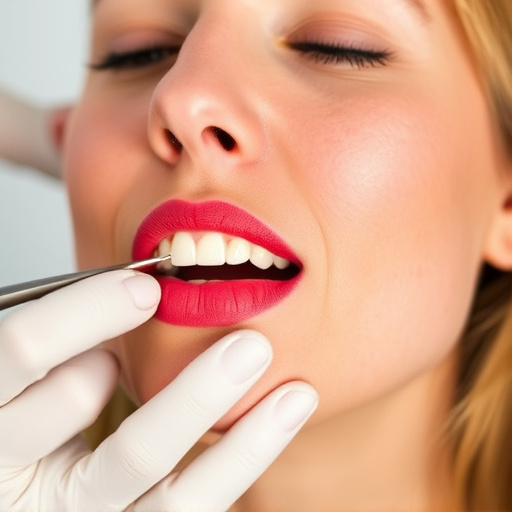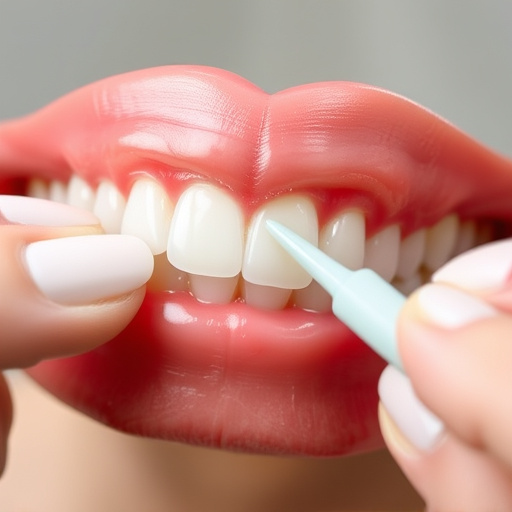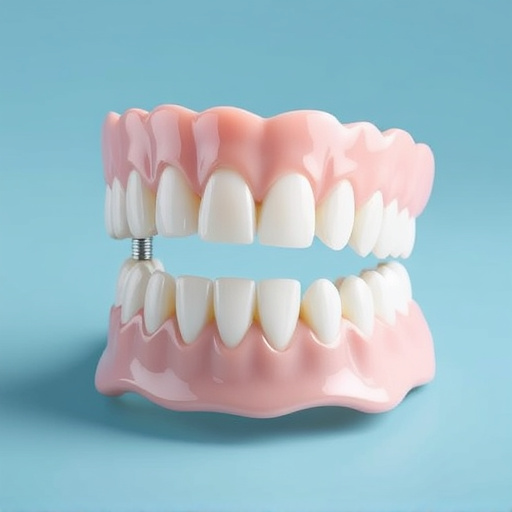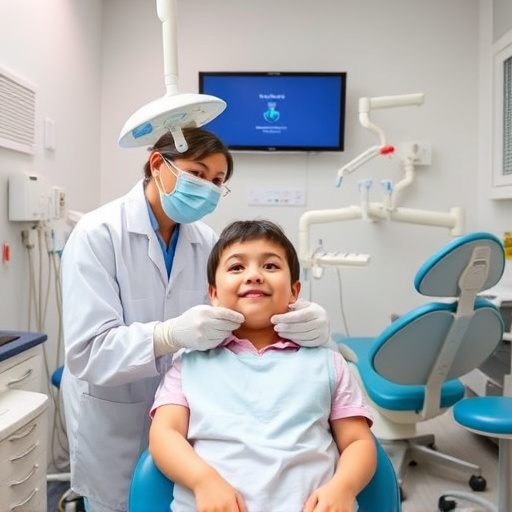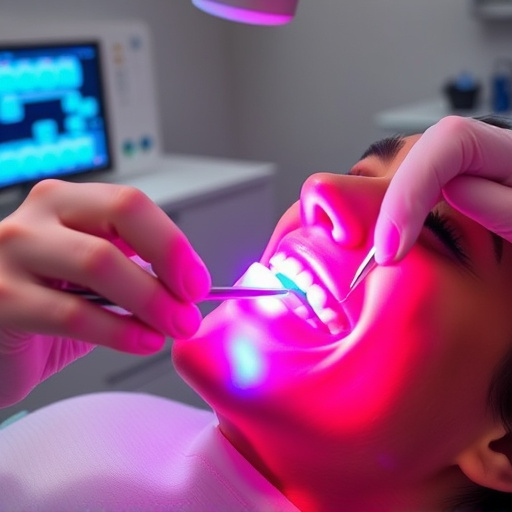Preventive dental care through regular check-ups and cleanings is key to dental health maintenance. Early detection of issues like cavities and gum disease prevents emergency treatments and promotes long-term oral health. Daily brushing and flossing at home, combined with professional cleanings every six months, significantly reduces the risk of dental problems.
Dental health maintenance is key to avoiding emergency dental visits. By prioritizing preventive care, regular check-ups, and daily at-home practices, individuals can significantly reduce the risk of oral health issues. This article explores the role of each component in dental health maintenance, providing insights into how a proactive approach can lead to healthier teeth and gums, saving time, money, and distress in the long run.
- Preventive Care: The Cornerstone of Dental Health Maintenance
- Regular Check-ups and Cleanings: A Powerful Duo
- At-Home Practices: Nurturing Healthy Teeth and Gums Daily
Preventive Care: The Cornerstone of Dental Health Maintenance

Preventive care is the cornerstone of dental health maintenance, a proactive approach designed to safeguard oral well-being. Regular visits for routine oral exams play a pivotal role by enabling dentists to detect potential issues early on. This early detection allows for less invasive treatments, such as cosmetic fillings, which can effectively address minor decay without prompting emergency dental visits. General dentistry practices emphasize these preventive measures, teaching patients about proper oral hygiene and scheduling check-ups at regular intervals. By integrating these practices into daily routines, individuals can significantly reduce the risk of dental emergencies and promote lasting dental health.
Regular Check-ups and Cleanings: A Powerful Duo
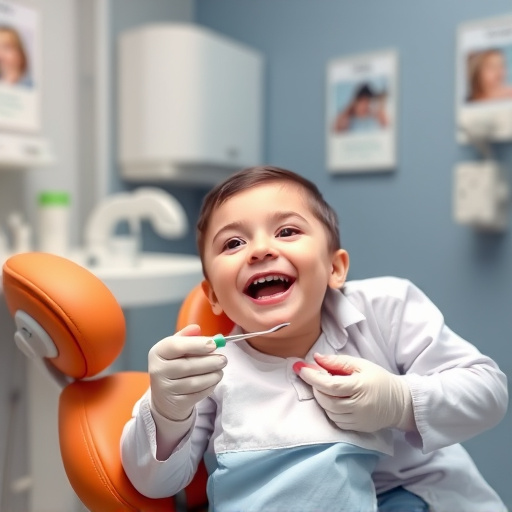
Regular dental check-ups and professional cleanings are a powerful duo when it comes to maintaining optimal oral health. These routine visits allow dentists to catch potential issues early on, preventing them from escalating into more serious problems that require emergency treatment. By removing plaque and tartar buildup, which can cause tooth decay and gum disease, regular cleanings play a crucial role in dental health maintenance.
Children’s dentistry is particularly beneficial for establishing good habits from an early age. Regular check-ups ensure that kids’ teeth are properly aligned, and any issues with growing teeth or developing oral structures are addressed promptly. This proactive approach can save children from needing emergency dental fillings later on, which can often be more uncomfortable and costly. Moreover, regular visits allow dentists to educate patients about proper brushing and flossing techniques, emphasizing the importance of daily care in dental health maintenance.
At-Home Practices: Nurturing Healthy Teeth and Gums Daily
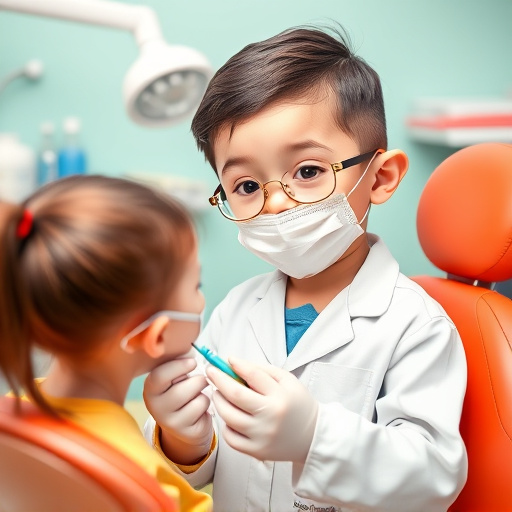
Maintaining optimal dental health involves consistent at-home care, which forms a crucial part of any comprehensive dental health maintenance regimen. Daily practices such as brushing and flossing are fundamental to removing plaque buildup and preventing gum disease. Brushing teeth properly, for instance, not only cleans the visible surfaces but also reaches hard-to-reach areas, thereby reducing the risk of tooth decay and promoting overall oral well-being.
Regular teeth cleaning by a dental professional complements at-home practices. Professional cleanings, often recommended every six months, remove stubborn stains and tartar that daily brushing might miss. Moreover, they provide an opportunity for early detection of potential issues like gingivitis or cavities, which can be treated effectively before escalating into more costly and complex restorative dentistry procedures, such as dental fillings.
By prioritizing dental health maintenance through regular preventive care, check-ups, and at-home practices, individuals can significantly reduce their need for emergency dental visits. This proactive approach not only saves time and money but also ensures a healthier, happier smile in the long run. Incorporating these simple yet effective strategies into daily routines can lead to a lifetime of reduced dental anxiety and improved overall well-being.
